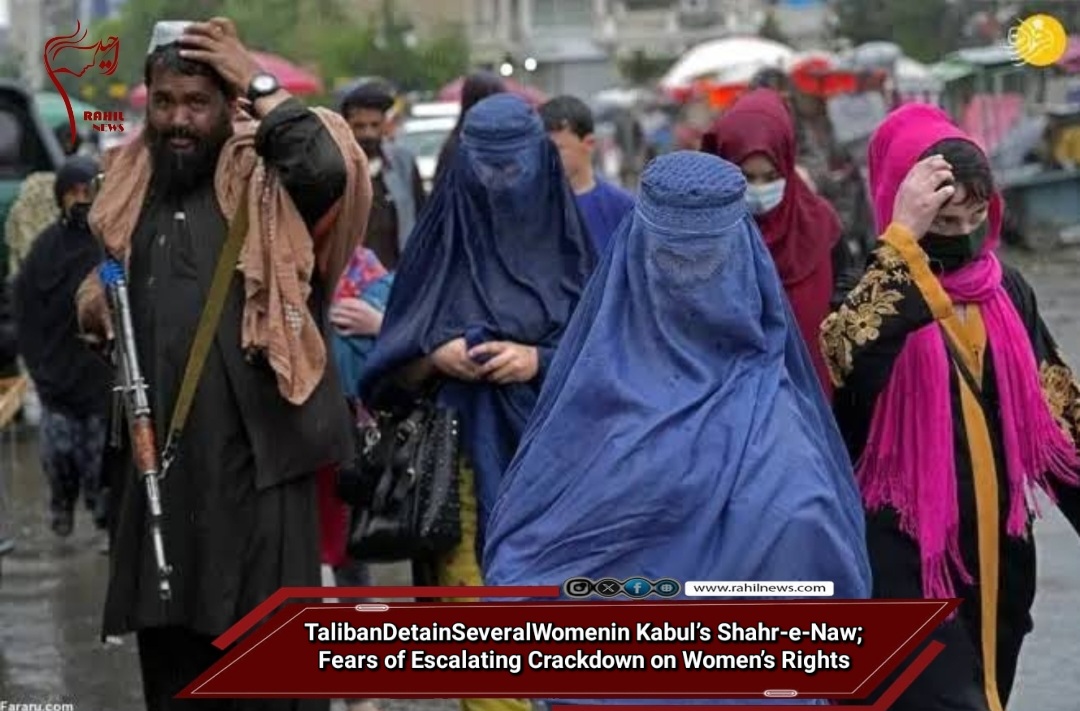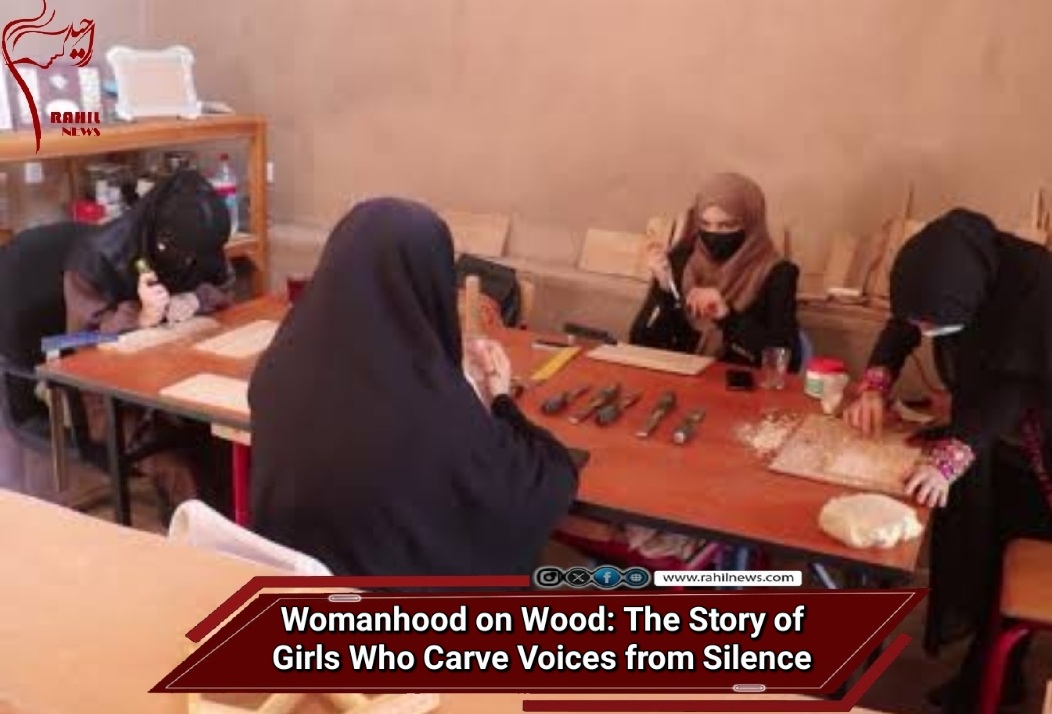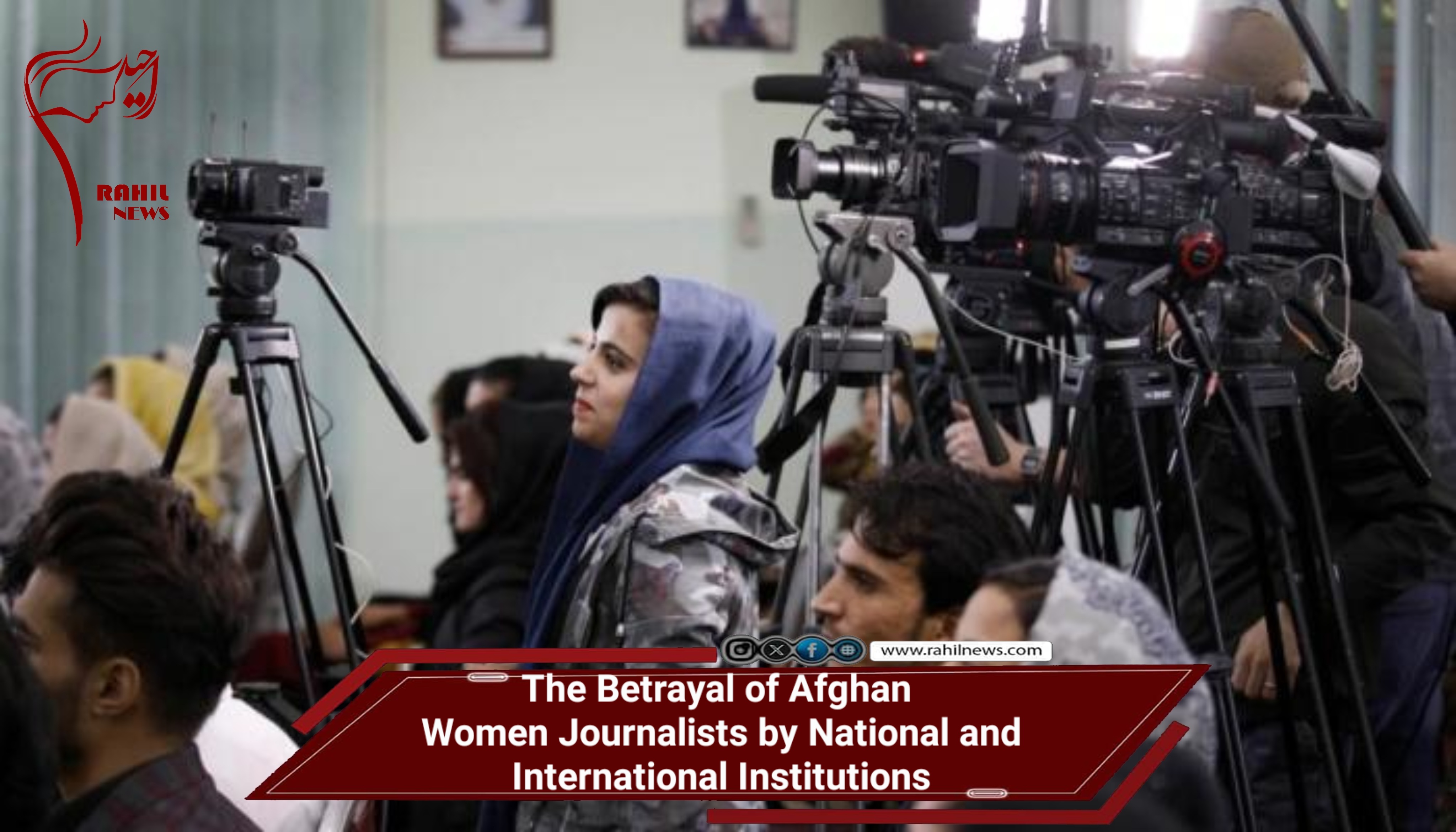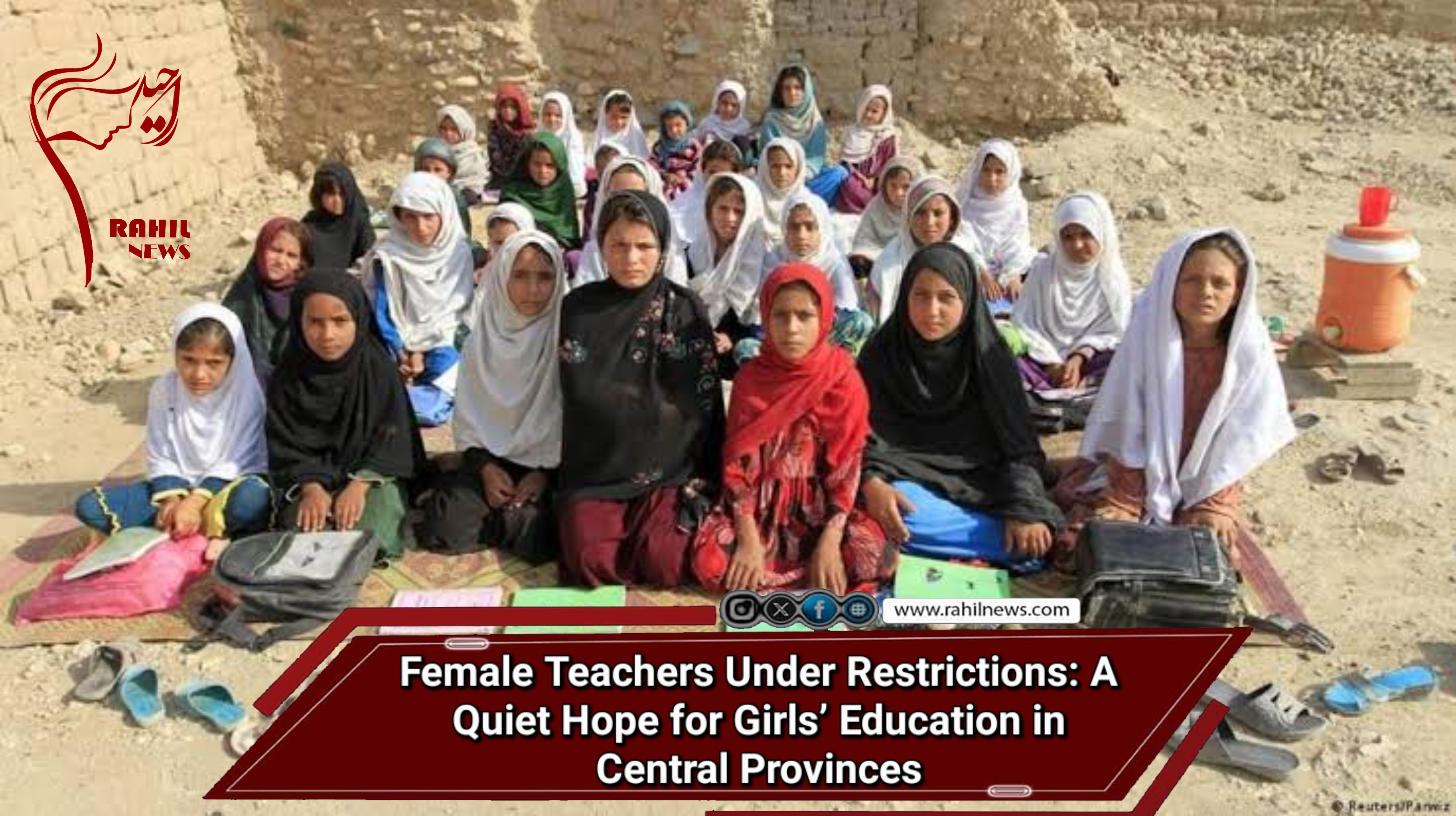
Share:
Exclusive Report by Rahil News
🖋 Reporter: Hana Karimi
As the Taliban ban on girls’ education beyond grade six enters its fourth consecutive year, a number of female teachers in Afghanistan’s central provinces are defying the restrictions—quietly working to keep the flame of learning alive for young girls.
In an exclusive interview with Rahil News, Fatema Hosseini, a home-based teacher in Sangtakht district of Daikundi province, said:
“I started with just five students, but today, more than twenty girls come to class every day, full of enthusiasm. Through educational games and group activities, I’ve helped them fall in love with learning again.”
According to her, after participating in a training program supported by international organizations, she was able to establish informal classes inside her home for girls in her village.
Amna Naderi, a volunteer teacher from a remote village in Bamyan, also shared her story with Rahil News:
“We don’t have official permission to teach, but our conscience doesn’t allow us to let a generation of girls grow up illiterate. Despite the risks, many families still send their daughters to our secret classes.”
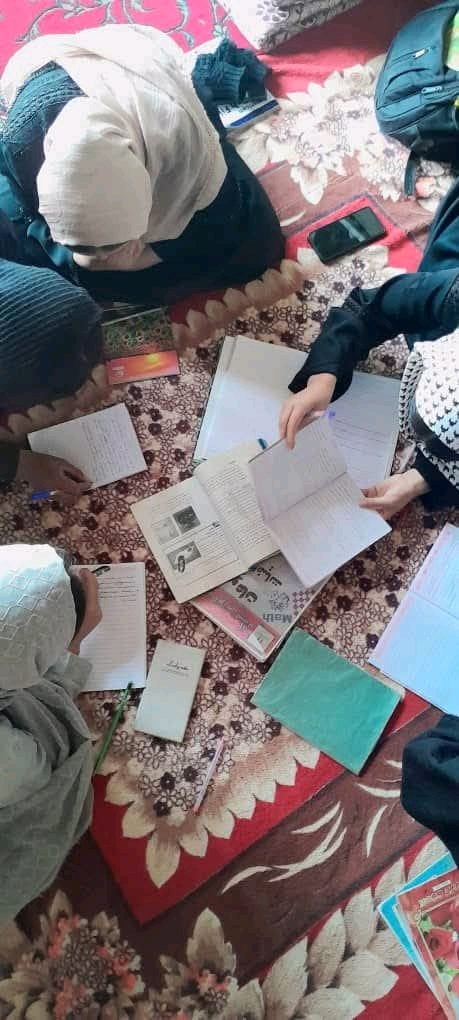
Reyhaneh Ahmadi, an 11-year-old girl from Ghor province, said she is attending a home-based class taught by a local female teacher:
“I want to become a doctor. When the school was closed, I thought my dream was over. But now we study in a small class, and I still hope to return to school one day.”
Local sources confirm that the shortage of female teachers is one of the key reasons girls are unable to continue their education. Many families in Afghanistan only allow their daughters to attend school if female teachers are present. As the number of female teachers declines, more girls are left out of the education system.
According to a recent report by the United Nations Children’s Fund (UNICEF), approximately 4 million children in Afghanistan are currently out of school—more than half of them are girls. UNICEF cites the lack of female teachers, poor school infrastructure, and economic hardship as the main contributing factors.
Amnesty International has also warned that the Taliban’s ban on girls’ education above sixth grade has deprived more than 3.5 million girls of their fundamental right to education. The organization described this policy as a clear violation of human rights and children’s rights.
Despite these oppressive restrictions, the quiet and courageous efforts of female teachers through informal home-based classes are providing a spark of hope—one that continues to burn through the will of Afghanistan’s brave women.
📌 Note: The names mentioned in this report have been changed for security reasons.


